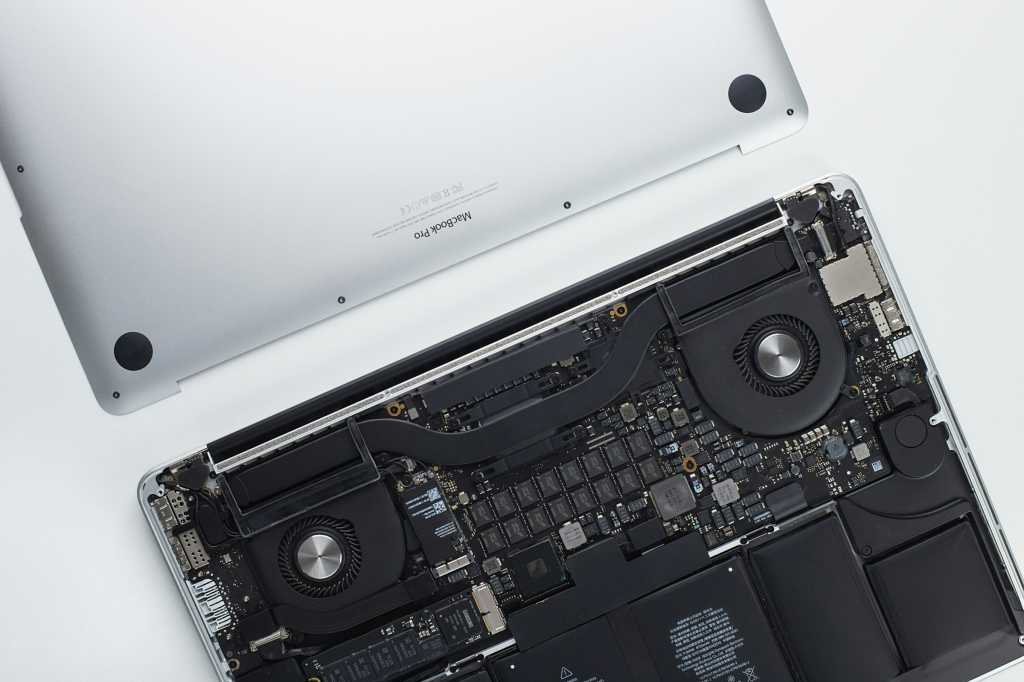Laptop Manufacturers Take Steps Toward Sustainability

As the world grapples with the urgent challenges of climate change, the tech industry is stepping up to the plate. Tackling climate change requires collective action, and laptop manufacturers are no exception. With nearly 190 million laptops expected to ship in 2024, these companies have a significant role to play in reducing environmental impact. While it is crucial to hold them accountable for their practices, it is equally important to recognize and celebrate their positive initiatives. This article explores the eco-friendly efforts of leading laptop manufacturers, highlighting their strides toward sustainability.
Dell: Leading the Charge in Eco-Friendly Practices
Dell has long been a household name in the laptop market, consistently ranking among the top manufacturers since the late 1990s. The company has embraced a range of eco-friendly initiatives aimed at reducing its carbon footprint. One of Dell’s key strategies involves minimizing the use of non-recycled materials in its laptop construction. The company has improved the repairability of its devices, making it easier for consumers to extend the lifespan of their laptops. This approach not only reduces waste but also lowers the demand for new products.
Dell is also committed to using recycled materials in its products. Some laptops incorporate plastics sourced from post-consumer devices, while others utilize ocean-bound plastics. Additionally, Dell employs recycled metals such as steel, magnesium, and cobalt. By using these materials, Dell not only diverts waste from landfills but also decreases the carbon emissions associated with producing new materials. The company has implemented an incentivized recycling program, allowing individuals and businesses to recycle their old laptops while ensuring the secure destruction of sensitive data. Dell aims to have 100 percent of its packaging and over 50 percent of its product content made from recycled or renewable materials by 2030, showcasing its commitment to sustainability.
Lenovo: A Global Leader in Sustainable Manufacturing
Lenovo has established itself as the largest computer manufacturer in the world, making its sustainability initiatives particularly impactful. The company is increasingly incorporating recycled materials into its laptop designs, including ocean-bound plastics and closed-loop post-consumer plastics. Lenovo’s 2024 Sustainability Report outlines its goal to have 100 percent of its products contain some post-consumer recycled materials by 2025. In 2023 alone, the company utilized approximately 14.6 million net pounds of plastics with recycled content.
Lenovo is also taking steps to reduce its carbon footprint during transportation. The company offers a “reduced carbon transport” service to business customers, allowing them to offset their CO2 emissions by purchasing sustainable aviation fuel (SAF) credits. Lenovo is committed to using more rail and sea freight as lower-carbon shipping options, aiming to reduce transport costs and emissions associated with repairs. By 2026, Lenovo plans for over 84 percent of all repairs to occur at local repair shops, minimizing the need for shipping devices to service centers. These initiatives reflect Lenovo’s dedication to sustainability and its potential to influence the broader tech industry.
HP: Ambitious Goals for a Sustainable Future
HP has set one of the most ambitious sustainability goals in the tech industry, aiming for net-zero emissions across its entire value chain by 2040. The company has already achieved a 27 percent reduction in emissions since 2019, avoiding over 184,000 tons of CO2-equivalent emissions in 2023 alone. HP is innovating its products to be smaller and more efficient, utilizing more recycled materials in their construction. For instance, its EliteBook 1040 is made from over 90 percent recycled magnesium and features keycaps made from 50 percent recycled plastics.
HP is also focused on reducing single-use plastics in its packaging, achieving a 62 percent reduction between 2018 and 2023. The company aims to eliminate landfill waste from its operations by 2025. Additionally, HP’s certified refurbished systems provide cost-effective and environmentally friendly options for businesses looking to upgrade their technology. The HP Device Life Extension program allows corporations to refresh their existing devices, extending their lifespan and reducing the need for new purchases.
A Greener Future for Laptops
As the tech industry continues to evolve, the commitment to sustainability among laptop manufacturers is becoming increasingly evident. Companies like Apple and HP are leading the charge with ambitious goals and innovative practices. However, there remains ample opportunity for other manufacturers to enhance their sustainability efforts. Ultimately, combating climate change requires a collective effort from all sectors of society. It is encouraging to see major corporations taking steps toward a greener future, but there is still much work to be done. The journey toward sustainability is ongoing, and every positive action counts in the fight against climate change.
